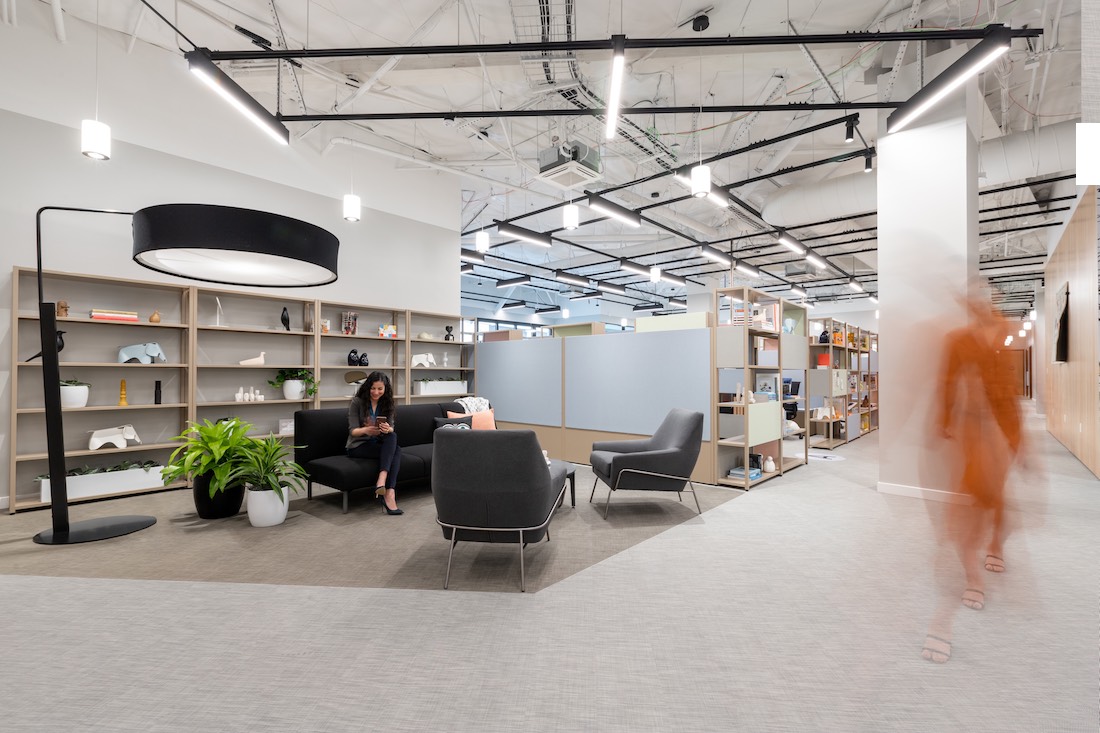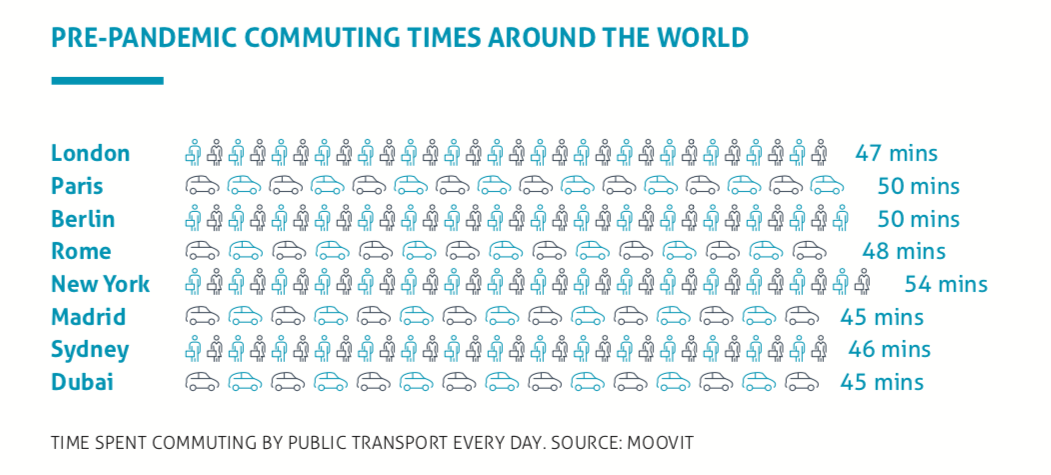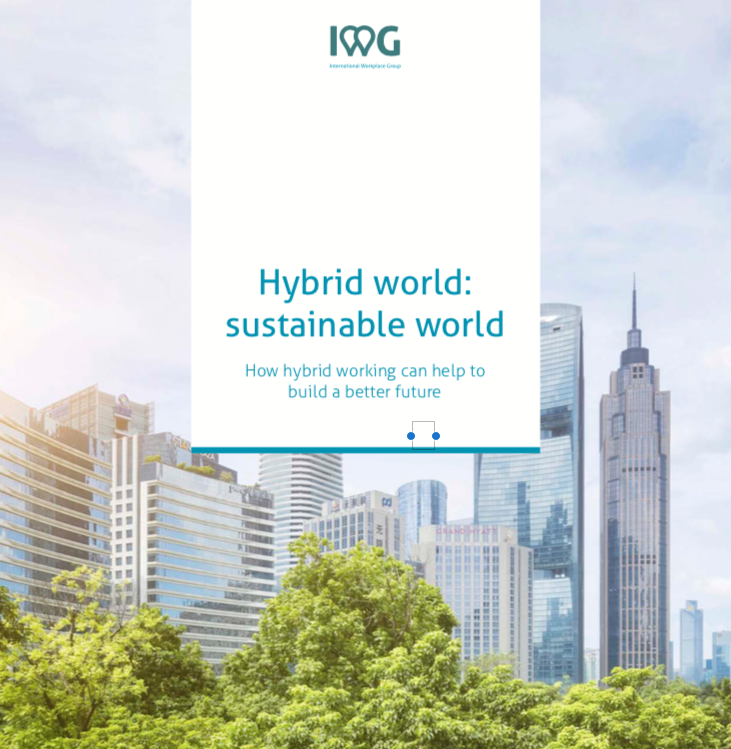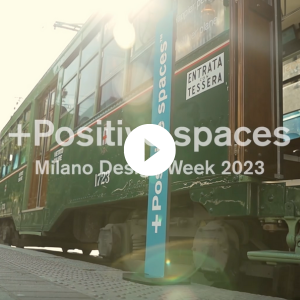
A research carried out by the leader of flexible workspaces IWG analyzes how changing our work habits can contribute to the achievement of the Sustainable Development Goals (SDGs), from the point of economic, social and environmental impact reduction as well as the improvement of individual wellbeing.
Download here the complete white paper “Hybrid world, sustainable world. How hybrid working can help to build and better future “.
The coronavirus pandemic has had a dramatic impact on the way that we live and work.
After lengthy periods in lockdown, hundreds of millions are now adapting to working in a different way, dividing their time between home, a local flexspace and a central office HQ.
“Sustainability is now very much front of mind for companies around the world – and they know this is something their customers expect. At IWG, we believe that the adoption of a hybrid working model brings considerable sustainability benefits and can be a major pillar in any company’s ESG agenda. And it can also be the foundation of a new approach to work and life that benefits both the planet and its people.” quoted Mark Dixon, Founder and Chief Executive, IWG.
The white paper shows how hybrid working can play a major role in achieving ESGs (Sustainable Development Goals), and how companies can support six of the United Nations’ 17 Sustainable Development Goals for 2030 simply by adopting the hybrid model.
Multiple surveys have shown that this is the preferred option for the majority of workers around the world. Now we can also demonstrate that it has a host of inbuilt sustainability benefits.

Good Health and Wellbeing
Hybrid working offers the best of both worlds for employee health and wellbeing. Time spent working at home or at a nearby office that’s accessible by foot or bike means fewer stressful commutes and a generally healthier lifestyle.
Days in the office bring vital in-person interaction and a break from the tiring monotony of videoconferencing.

Gender Equality
The pandemic has proved disproportionately hard for women, but hybrid working potentially offers a future of more equal opportunities and a more equitable sharing of family responsibilities.
Clean Energy and Climate Action
Hybrid working can lead to significant reductions in fossil fuel use and green house gas emissions thanks to fewer car and plane journeys, while companies can reduce their carbon footprint by downsizing offices.
Economic Growth
Economic growth can come from increased productivity, and the hybrid model gives workers the opportunity to choose when and where they’re likely to be at their most effective.
Sustainable Cities and Communities
Hybrid working has the potential to revitalise communities, as workers spend more time working at home or close to home. The ‘hub-and-spoke’ model and an increase in the number of flexible workspaces can also contribute to an increase in wellbeing and community spirit.




















